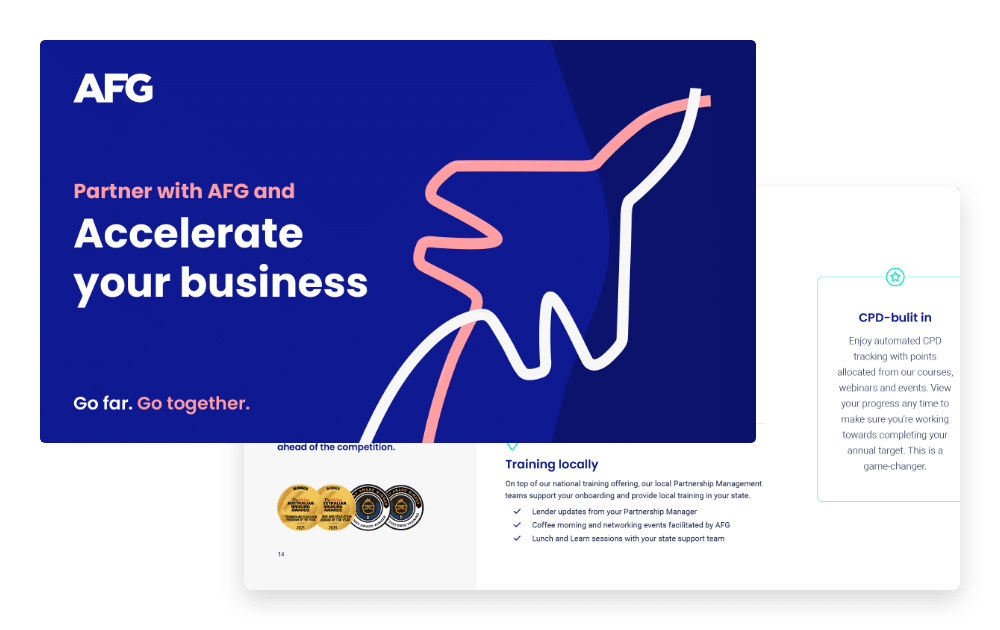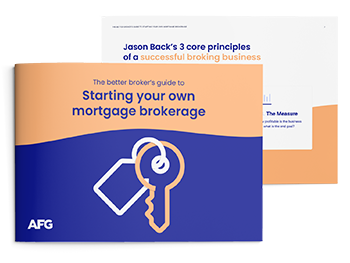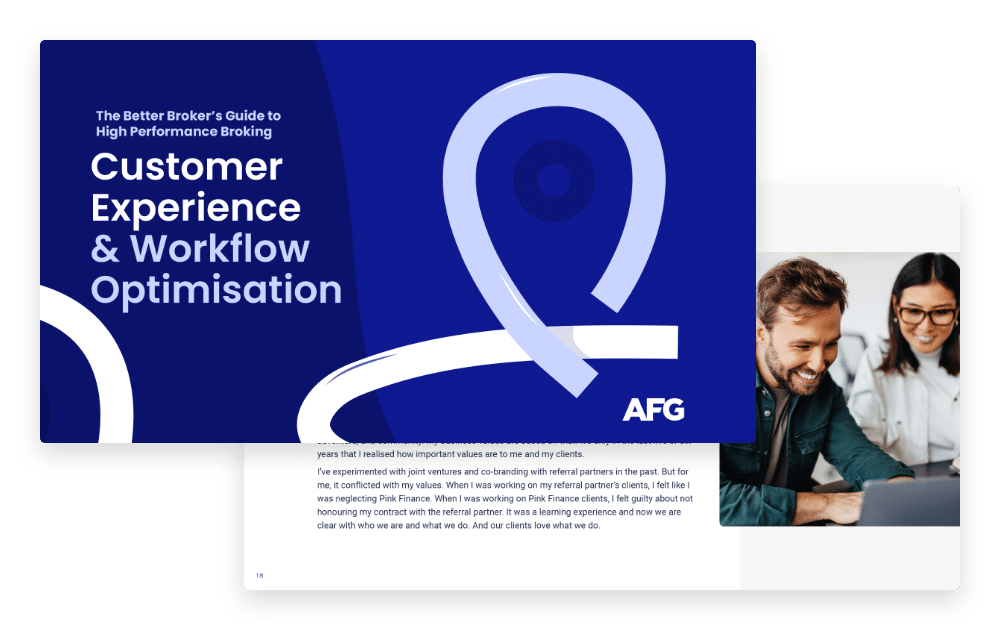It’s time to roll up your sleeves, report, reconcile and get set for the year ahead.
The start of a new financial year is the time to draw a line under the old and begin planning for the future.
For business owners, that means make sure everything from 2014/15 has been tied up and you can move forward without tripping over any loose ends.
This involves some regular ‘housekeeping’ tasks (listed below) that should become habit. But on top of these, each Financial New Year throws up a few fresh challenges as the Government tweaks the goal posts for business.
Two major changes to be taken on board in the 2015/16 financial year both apply to businesses with a turnover under $2 million – a 1.5 per cent drop in the tax rate from 30 per cent to 28.5 per cent and the $20,000 instant asset write-off.
Now the dust has settled from the May announcement of the $20,000 stimulus plan, one of the major tasks for most business owners is to look at their budget for 2015/16 and work out how to use (or not) the generous new provision.
Manuel Tsirmiris of Melbourne’s Accountancy Group has been advising clients not to get carried away with budget hype in their new year planning.
“We’ve explained to our clients there’s no sense of urgency to go off and replace your assets unless you were planning on doing that,” he said. “You don’t just replace assets for the hell of replacing them.”
Essentially the write-off facility – in place until June 30, 2017 – allows businesses to recoup 28.5 cents in the dollar for money spent on assets valued at $20,000 or less in this tax year. Most new and secondhand business equipment, except software, is eligible.
Using a business making $100,000 profit as an example, Mr Tsirmiris said: “You can buy five assets for $20,000 and get your profit down to zero.” But you would be spending about $100,000 to save a $28,500 tax bill.
“From a cash flow perspective, sometimes it’s easier to pay your tax if there are no assets that you need to replace,” he said.
Longer-term finance for some purchases could also be an option.
“You’ll get the deduction upfront, whereas you pay the cash later.”
The tax office has also flagged it is on the lookout for profligate spending, stating on its website: “If small businesses exhibit behaviours that indicate a high level of risk, they can expect a higher level of interaction with the ATO.”
Along with planning your purchases, the new financial year is also a good time to review contracts with suppliers and ensure they are delivering value for money.
“As a business owner, you can shop around and get better options, whether it be stationery or corporate borrowings,” Mr Tsirmiris said.
And having a professional on board can save time when it comes to making sure you have the right sort of finance in place for the year ahead.
With group certificates being issued and a lot of statutory reporting (including superannuation obligations) due, July is also a pertinent time to review contracting arrangements to ensure you don’t have any contractors who should be paid as employees.
The ATO has been cracking down on sham contracting arrangements which some businesses use to avoid paying higher rates and super contributions to workers who should really be classed as employees.
A genuine contractor should typically own their own tools and equipment, be autonomous in their decision-making, be able to freely delegate and not financially dependent on the company they are providing services to.
NEW FINANCIAL YEAR CHECKLIST
- Get your operating budget for the year completed.
- Get your cash flow budget in place.
- Check the adequacy of your funding arrangements with your broker.
- Check any loan covenants to ensure you are operating in accord.
- Review any contractors to be used during the year ahead and ensure they would not be deemed ‘employees’ by the ATO.
- Reconcile your GST control account.
- Ensure the income declared in your BAS for 2014/15 reconciles with your annual income.
- Ensure minutes for all directors and trustee resolutions for 2014/15 have been documented and signed off.
- If you have cross-border transactions, ensure your transfer pricing file is completed with all requirements signed off.
- Determine whether any activities (such as exporting) that may be eligible for a Government grant.
- Review suppliers’ contracts or terms of trade.
- Review financial commitments such as office and equipment leases.
- Explore whether new tax concessions for employee share schemes could help you free up more cash for investment. Courtesy CPA Australia and Accountancy Group www.accountancygroup.com.au









